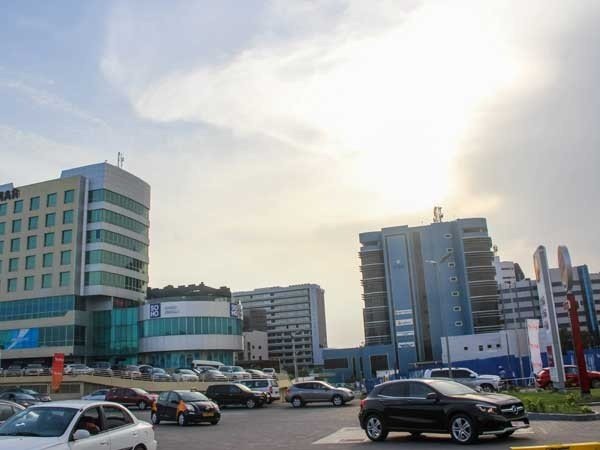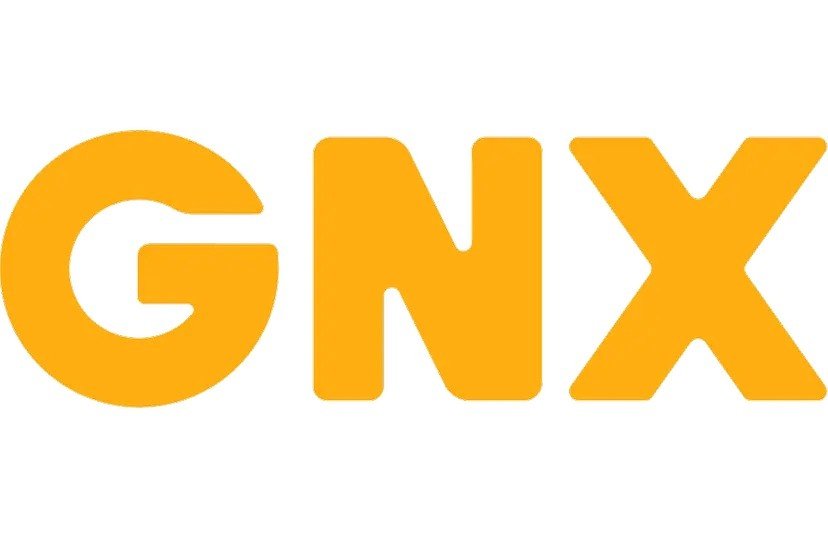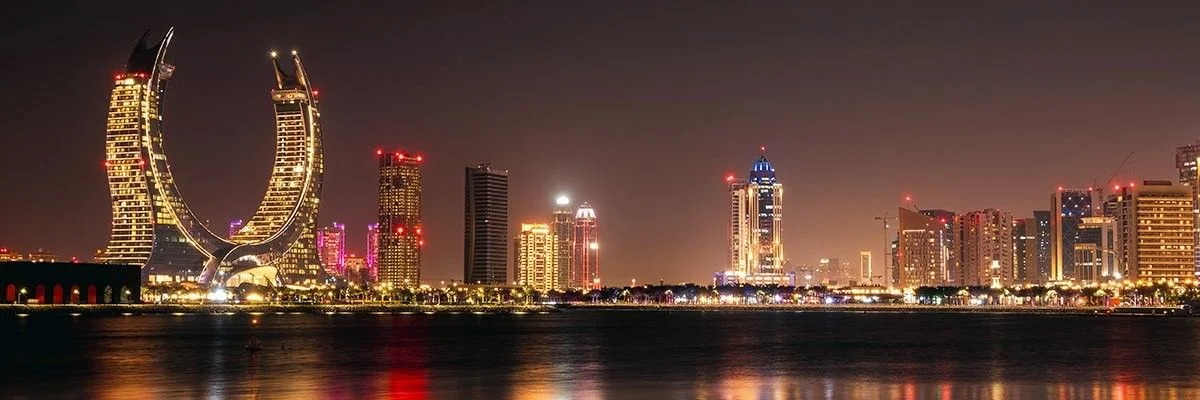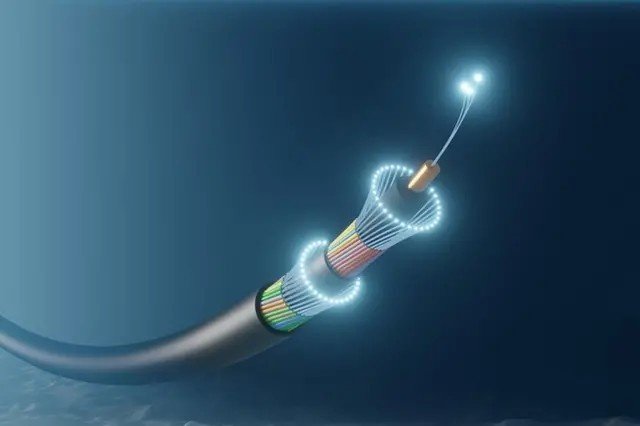Ghana’s Ministry of Communication and Technology announced that leading mobile operators MTN, Telecel, and AirtelTigo will collectively invest US$150 million in 2025 to upgrade their networks, responding to regulatory calls for improved service quality. Minister Samuel Nartey George revealed the commitment as part of efforts to enhance customer experience and promote transparent billing.
Effective July 1, mobile data bundles will offer increased value, with operators planning a 15% expansion in data bundle sizes at current prices. Though precise details on pricing changes were not shared, the minister indicated potential data price reductions, contingent on tax rationalization measures from the Ministry of Finance and a government review of telecom tariffs.
The National Communications Authority (NCA), Ghana’s telecom regulator, will carry out a quality of service assessment in Q4 2025 to monitor operators’ network improvements. Operators failing to meet the mandated standards may face penalties, underscoring the regulator’s commitment to ensuring better connectivity for consumers.
This initiative reflects Ghana’s broader push to improve digital infrastructure and affordability, aiming to boost internet accessibility and enhance user experience across the country’s mobile networks.
Ghana’s telecom sector is poised for significant enhancements in service quality and value, with regulators and operators collaborating closely to meet growing consumer demands.
Minister George’s announcement signals a shift toward more customer-focused service delivery and greater accountability within the telecom industry.
The planned investments and data bundle enhancements aim to position Ghana as a competitive digital economy while addressing consumer expectations for transparency and affordability.
Operators’ commitment to expanding data allowances without immediate price hikes demonstrates efforts to balance quality improvements with cost considerations.
The NCA’s forthcoming quality assessment will serve as a key performance benchmark, influencing operator compliance and consumer trust.
This regulatory push aligns with broader government strategies to foster digital inclusion and strengthen Ghana’s technology ecosystem.
The developments in Ghana’s telecom landscape reflect growing recognition of the importance of robust and affordable connectivity in driving economic growth.
Continuous monitoring and collaboration between regulators and operators will be essential to sustain network improvements and customer satisfaction.
Ghana’s telecom industry is entering a critical phase of modernization, driven by investment, regulation, and a focus on consumer-centric services.















